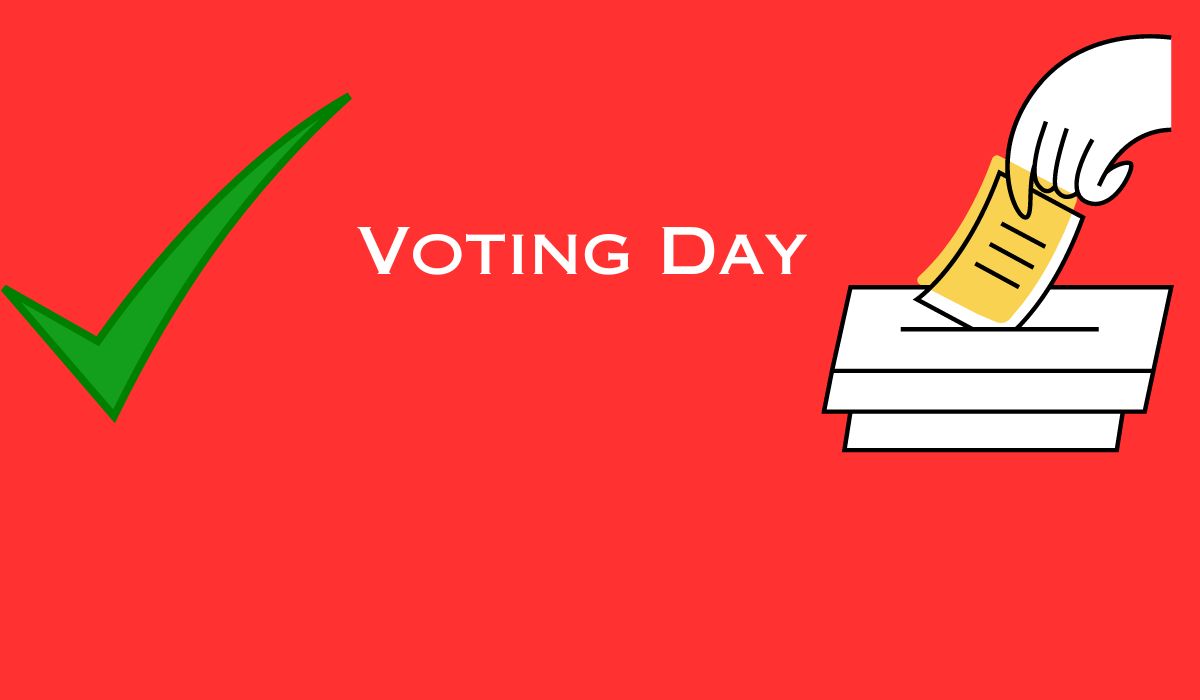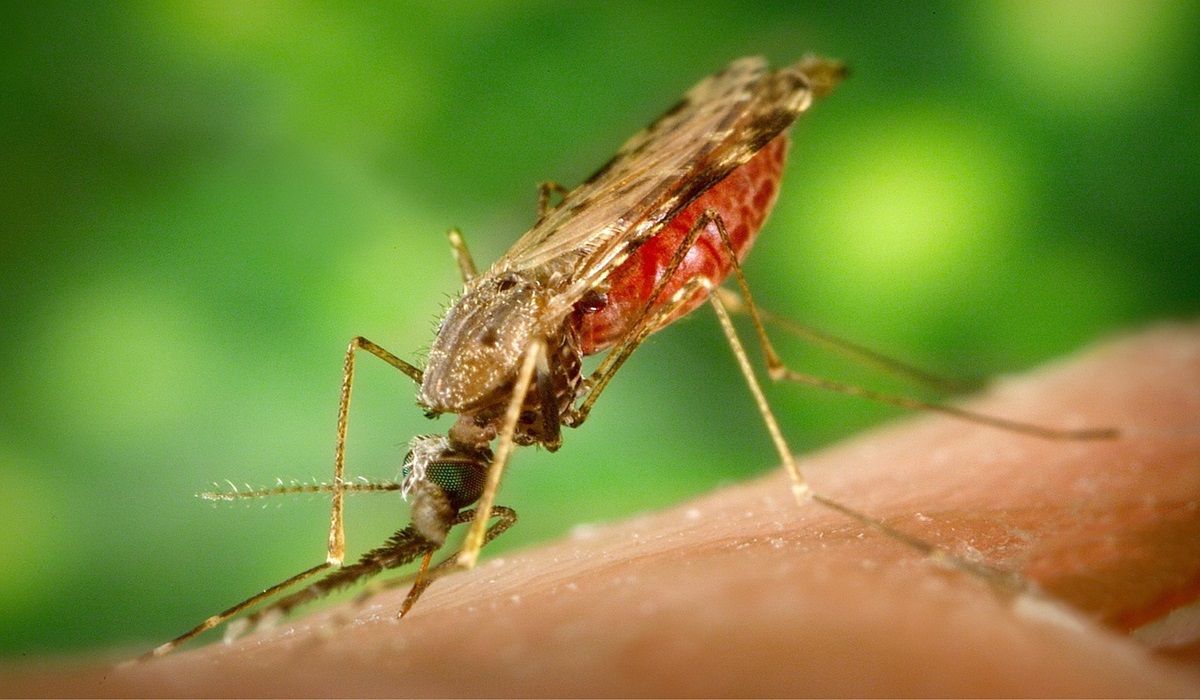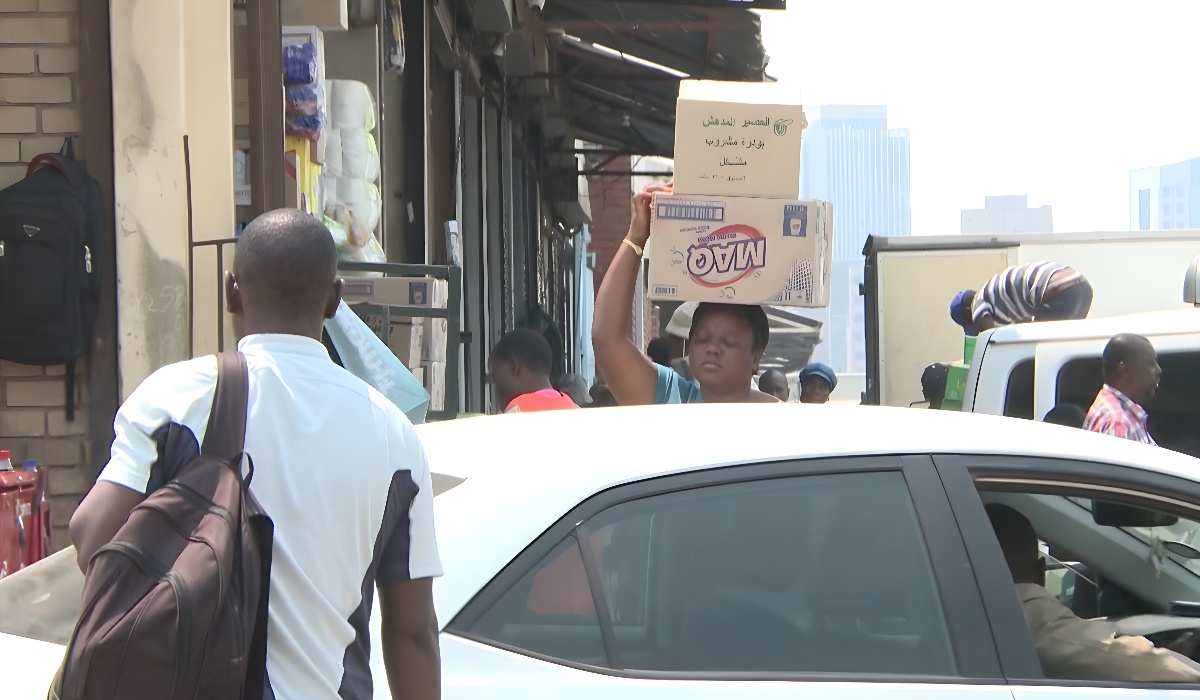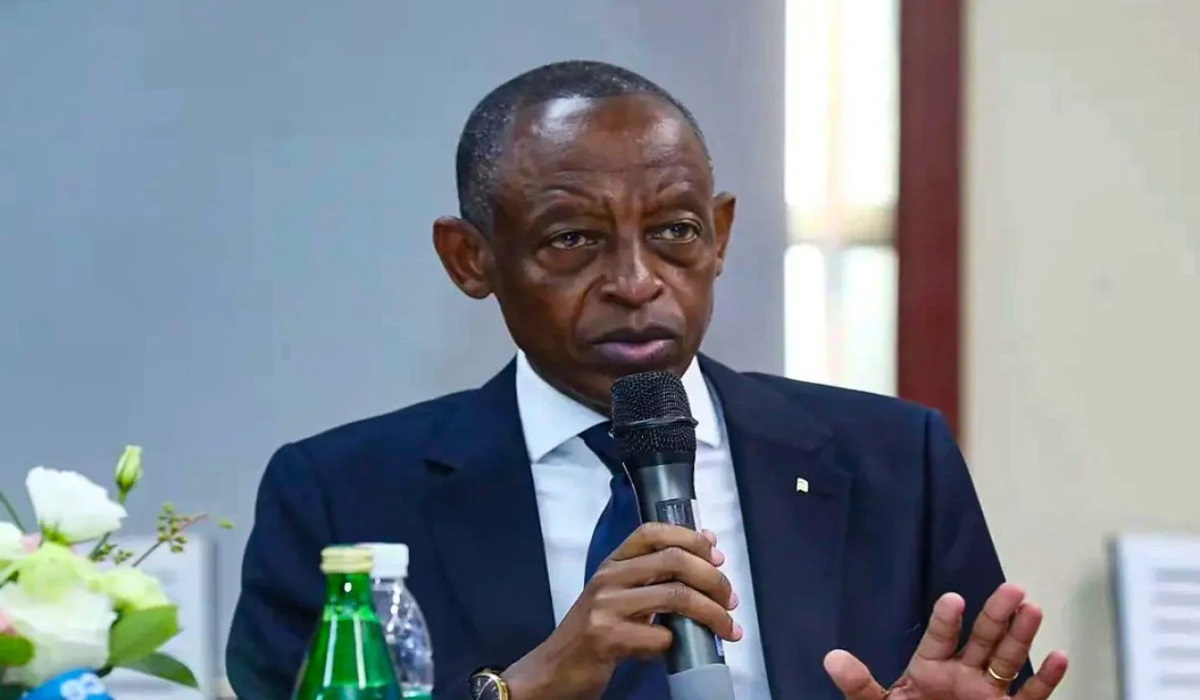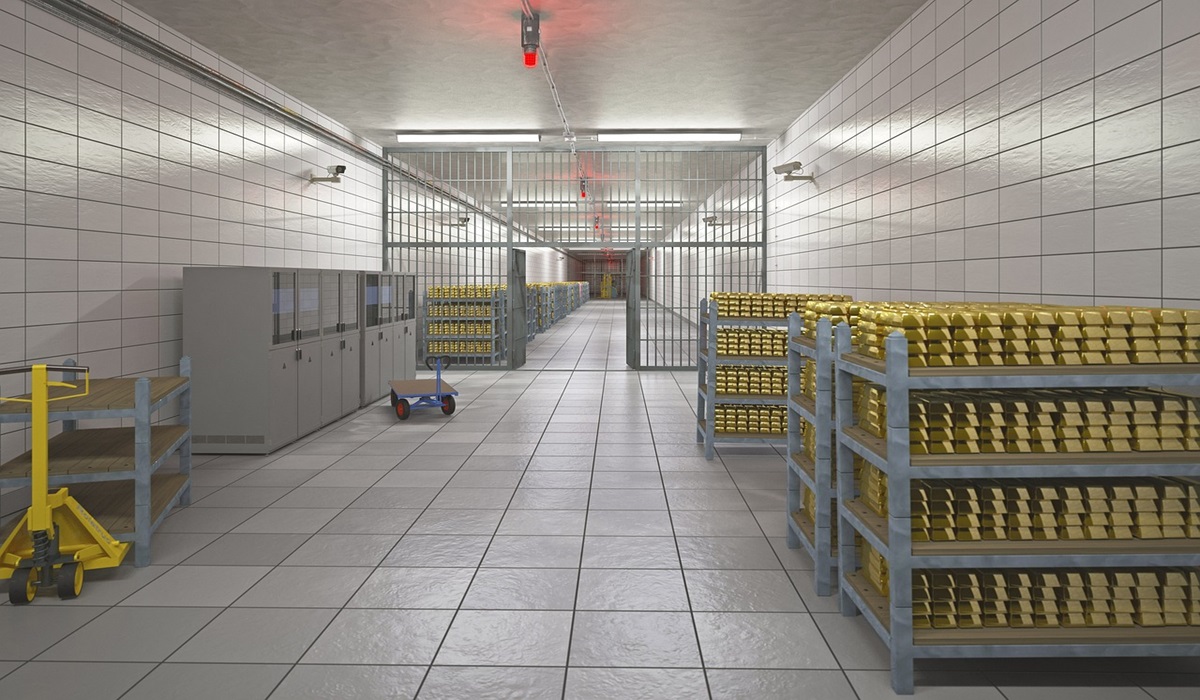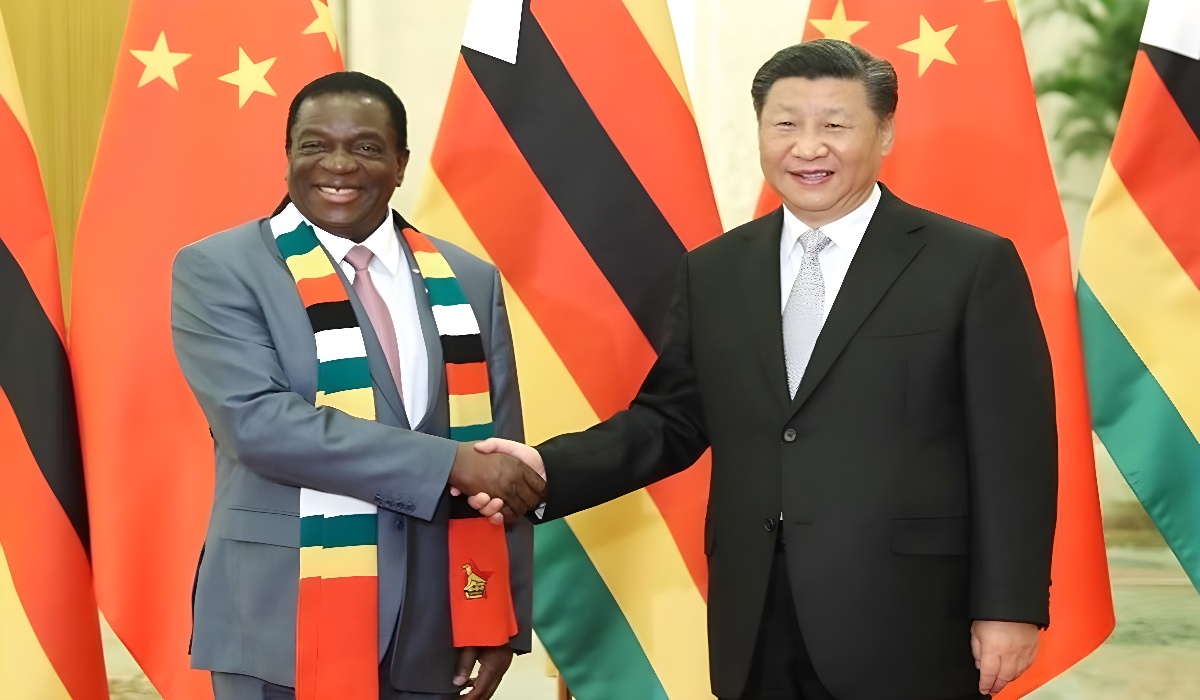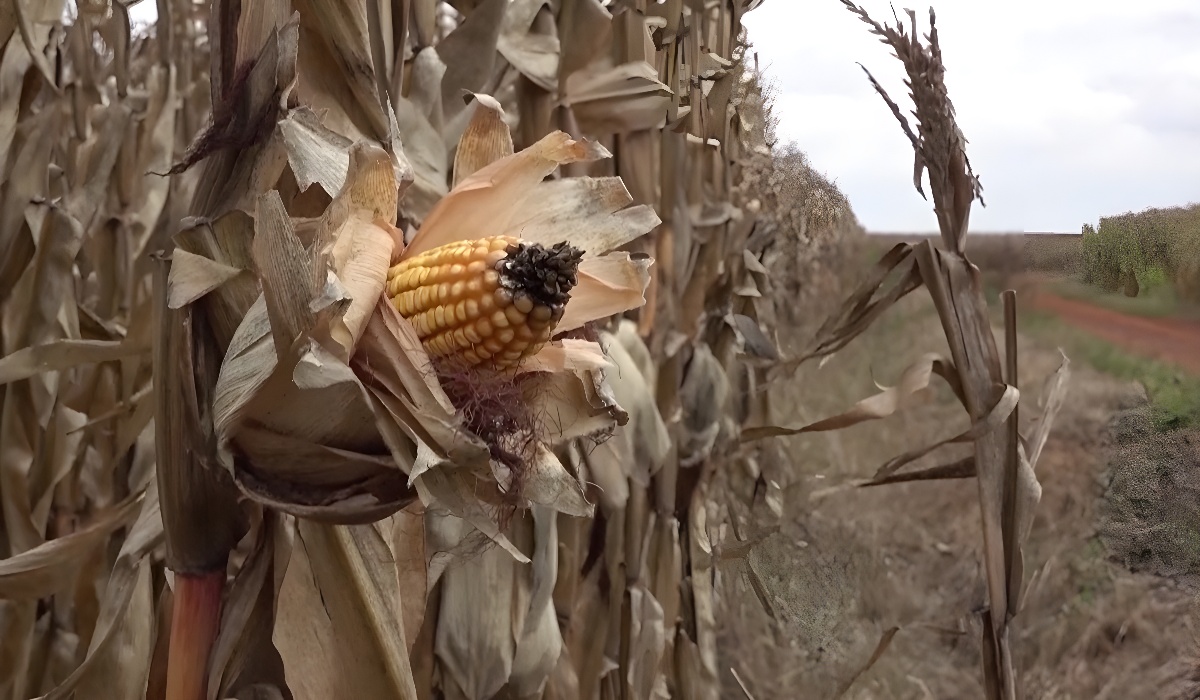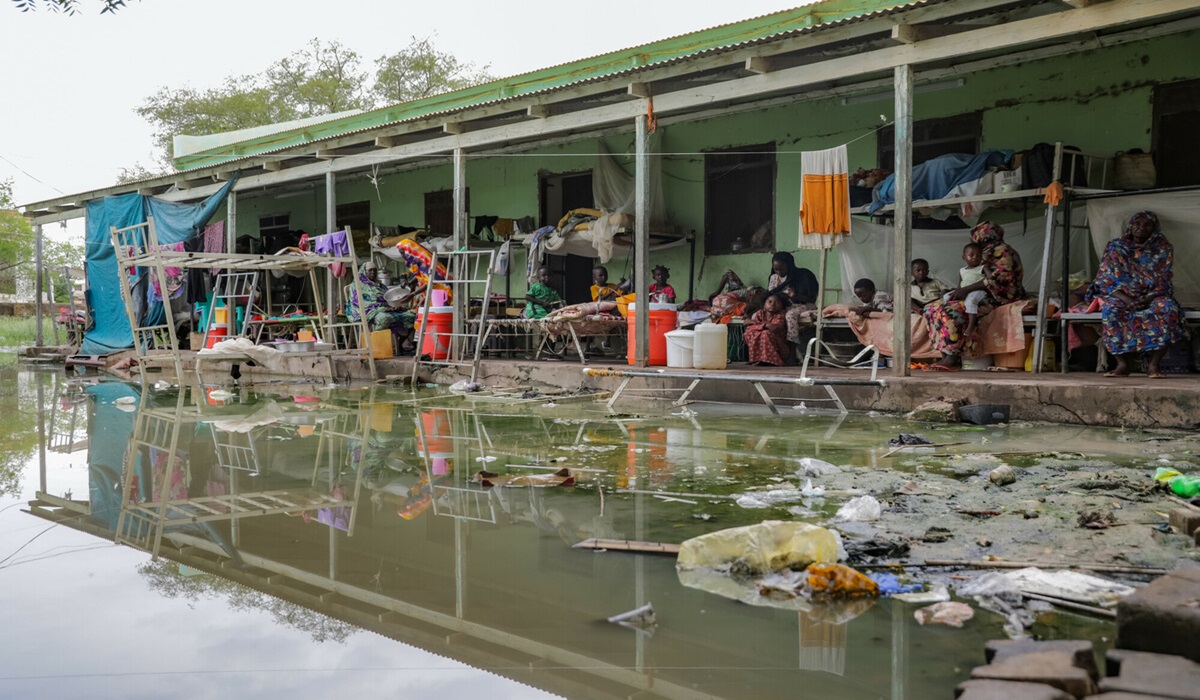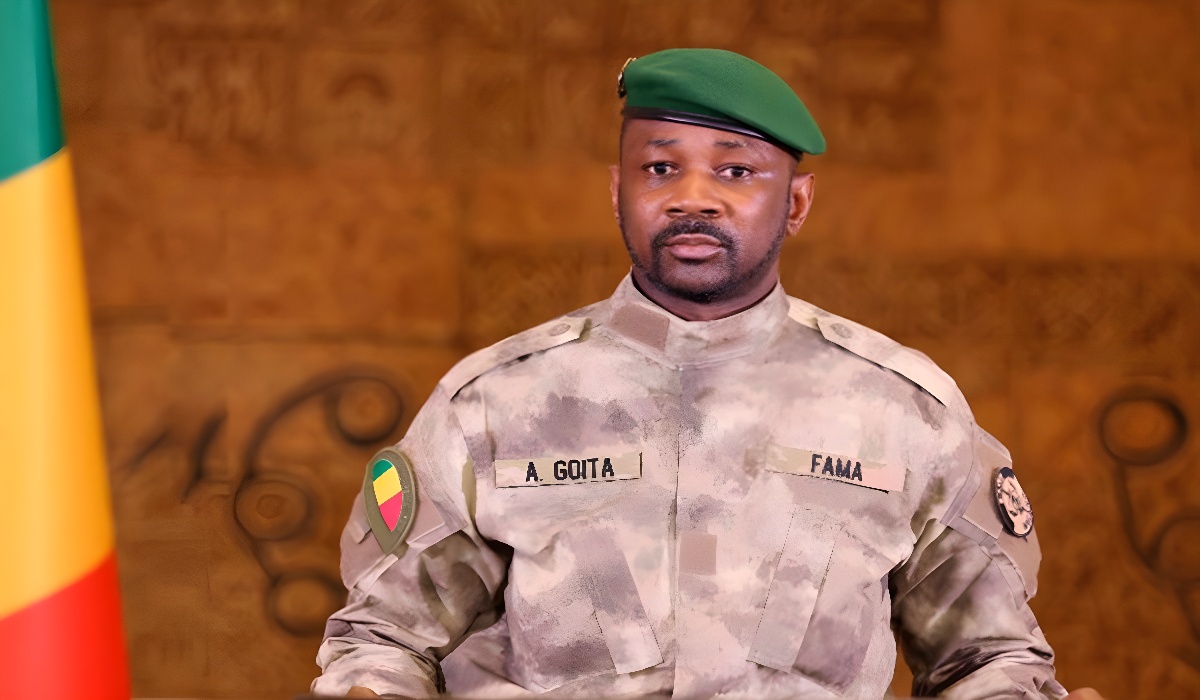Voting Day
When I got close to the polling center on Election Day, the man was ranting, his eyes bloodshot, and his chubby face sweaty. I had several troubling thoughts on my mind. What in the world was wrong? Who offended or prevented him from exercising his civic and democratic rights? Was he searching for anything at the polling center? Had someone stolen from him?
“Anyone that is not for us will not vote here today.” That was what the man under the large metallic grey canopy at the polling station said. “I mean every word out of my mouth. This is our area, and we have to control it to show you people that we mean business today.” He dragged a nearby white plastic seat and made himself comfortable. He adjusted the tall tribal cap he wore, and it sat on his head as he expected it to.
I was deeply troubled by what the man had just said. I prayed it was an empty threat he had uttered. No one had any legal powers to stop anyone from voting for the candidate of their choice. Democracy has fine qualities, and people are entitled to democratic choices; I wanted to get close and say to the man. But I lacked the nerves to approach him in that fiery manner he spoke.
“Na today una go sabi say na we get this land,” the man said in local Nigerian English. “We own this land. This is our land.” He crossed his heavy legs after sitting for some time. His legs shook as if dancing to fast-playing rhythmic sounds from a nearby band. The electoral officers at the polling station pretended the man didn’t exist. I was shocked by their attitude in the shadow of impending violence. Perhaps they had sized the man up and concluded that he had no powers to wreak havoc on the voting center.
Regardless of how the electoral officers acted, I was still scared to get closer to the polling unit. A policewoman sat close by, taking in the scene with the trained eye of a seasoned detective. And that was all she did, never calling the threatening voter to order. I wondered why the officer had been stationed at the polling booth. She adjusted her bright blue beret and fished her cell phone from a waist pouch. Placing the phone to her right ear, she shifted her beret again to be sure it was firmly sitting on her head. She began tapping her right foot impatiently. A few seconds passed before the officer looked at the phone’s screen and sadly shook her head. Her impatience started afresh, the phone back to her ear, her lean face contorted with lines of irritation.
A small crowd of terrified people gathered behind me, and they spoke about the raving man. The troubling man had gotten to the polling station before every other voter, cast his vote, and then refused to vacate the scene. He stood there, a menacing presence to incoming voters who would not pass his clannish test. No one knew who had sent him and why he had chosen to scare voters away from the polling station. But most who spoke were confident that the man had some higher and unseen powers backing him. Otherwise, he would never have dared to disrupt a crucial national election in the glaring presence of a Police officer. His violent courage was scary to everyone. The people who had voted after his vote simply did what he had ordered them to do. They wouldn’t have left the place in peace had they acted otherwise. Those who had managed to vote had passed his primitive clannish test.
The furious man touched his trousers pocket now and again, found his cell phone, and began fiddling with the buttons, hissing repeatedly. And then, one of the three female electoral officers approached him, walking up cautiously as if afraid to tread on the ground. At first, the man ignored the approaching presence.
I stood a few meters away, watching the unfolding scene. I concluded that the electoral worker pleaded with the angry man to allow everyone to approach the center and vote according to their choices. She placed her hands on his shoulders. The man shook them free. And then he stood up angrily. He began speaking fast, pointing his index at the woman, who had stepped back a few meters from him. He shook his head wildly and stamped his feet with rage. The electoral officer soon left the man alone and returned to her desk, waiting for voters who seemed to have taken the threat from the man very seriously. The area was populated by a mix of tribes and was often overrun with tribal violence at the slightest provocation. But the Police had carried out a show of force parade in the days before the election. And that display had scared some known troublemakers around the area. Everyone was pleased with how the day had turned out until the disruptive man appeared to cast his ballot and then create an atmosphere of fear and impending tribal violence.
The female Police officer was deaf and blind to everything happening before her. She was more interested in what was being said over the phone. She nodded at short intervals, turning to look at the menacing man now and again. The man was less bothered by her official presence as well. The Police officer returned her phone to its pouch after a while. She stood, hands crossed behind, and began pacing the polling station. She avoided the man as though he were a thing capable of causing immediate pain and death. There was a repulsing grimace on the woman’s face as if daring the man to come close. But the man had read the signs well. And he had kept his measured distance from the Policewoman. There was immense power in the uniform the woman wore. In the main, that power was enough armor for her to battle the man.
An elderly couple approached the polling officers, their Permanent Voters Card drawn. They had smiles on their faces. They were going to vote for their preferred candidate, after all. And no one would stop them. But they were wrong. They didn’t know what they were up against.
The aggressive man rose as the couple neared the table and thrust their cards forward for verification in the card-reading machine. The couple paid him no attention. They had no quarrels with anyone after all. But then the chubby man got in their faces, with the audacity of a traffic officer before an offender, fully aware that he was the Lord of the Road and that he would not be run over, not even by a drunk driver.
“Who una wan vote for?” The man asked.
The couple was silent.
“You don’t speak pidgin English?
Silence.
“Who are you people voting for? I say I want to know una choice,” he added, the look in his eyes frightening and firm. He looked from the man to the woman, not caring about the stoop in their shoulders, tired eyes, and the gray on their heads. “Two of una no hear wetin I talk, abi? Ear dey pain una?”
Again, silence occupied the spaces between them.
The couple looked towards the electoral officers and got the messages in their quick head motions. The couple had to respond to the question. So, the man smirked while his partner said, “Ebenezer, there is a man here talking to you. I think you should respond to him. He is asking a lot of questions at the same time.”
“I heard what he said. My hearing has improved over the last few years.”
“Then talk back to him.”
“No. He doesn’t deserve my time.”
Ebenezer’s wife smiled at the angry man, her round brown eyes holding a feverish plea.
And that was when the man seized their PVCs. It happened so quickly that neither couple had seen his greasy fingers reaching out and snatching their cards. The gathering crowd of non-voting people gasped with fear. The angry man hid the cards in the chest pocket of his flowing, bright green tribal dress. He patted it down as if to assure himself that he had secured the cards in its proper place. He thrust his forefinger into the face of the elderly couple, his big face right in front of them, daring and menacing.
“Una no go vote for here today if una no do wetin I want.” The man said, adding, “No time to play for here. We mean business today. We must win this election by fire and by force. I own this turf. And you must do as I want. My godfathers must not lose this election.” He repositioned himself like an immovable, large tree swept on the road by stormy weather.
The whole unfolding scene was strange to the couple and most people watching. They had never seen such brazen intimidation on Election Day. What had motivated the man to carry out such an act? No one around seemed to know. But many were determined to stand, watch the scene unfold, and see how it would all end. And observe, many of us did!
“What is the meaning of what you have done?” Ebenezer asked. “Can we have our voting cards back?” He put his tiny hands towards the man with the voting materials and fixed him an unshaken stare. “The cards, please.” The man’s voice was husky and aged, but it bubbled with matured courage as though he had been in the armed forces. There was no glint of panic in his eyes.
Ebenezer’s wife cringed in fear, hugging her frail body, her eyes filled with questions and worries. She shifted uncomfortably and then placed one hand on Ebenezer’s right shoulder. She lacked the words to say and calm everything down.
Some in the crowd behind me began talking about the violence associated with the man who had seized the couple’s voting cards. Someone said that he belonged to a local and vicious secret cult group. Another voice said he was a popular thug with the local transport union and was the king of boys at the local motor park. Everyone agreed he was feared because he had fought in many street fights and had killed thugs again and again. No one understood what he was still doing among sane humans when he should have been behind bars at a maximum security prison. His godfathers were politicians in powerful places, someone announced. This was a well-protected thug and gang leader.
“Na English you dey follow me talk abi?” That was the furious man. “Dey talk am dey go, but you must tell me who una wan vote for before you go fit collect your cards.”
Ebenezer was no match for the man. He shook his head sadly and then looked towards the Police officer. But she had since walked away from the canopy, out of the unfolding violent scene. She never took her ears off her cell phone while she walked away from the trouble at the voting center. She looked back now and again as if to be sure about what she had left behind. She nodded and continued talking on the phone.
A small group of new voters had arrived but were too scared to go near the polling booth after seeing how the couple had lost their voting documents. They joined the crowd behind me, most expressing worries that the Policewoman had been unable to stop the local tout as he prevented people from voting. A young man proposed organizing a protest group to counter the angry man. Some people supported his initiative, while many others opposed it.
Citizens shouldn’t be protesting on Election Day, an older lady with her low-cut hair dyed green shot back. “We, young people, are determined to make our voices heard through the ballot and not protest songs and marches,” she added.
“That thug may have a gun with him,” a frightened voice said. “I know him very well around this area. His name is Black Bullet. He can do anything in this place and get away with it. I know what I am saying. We had better not dare Black Bullet and his gang.”
That was it. The man finally had a name. And it wasn’t a soft-sounding name. I stepped back from the group when I learned about the descriptions of the disruptor at the voting center. It was clear why people avoided going close to the electoral officers once they had seen Black Bullet. I was about to vacate the scene altogether, afraid of receiving a black bullet when I heard the singing, fierce and enchanting behind me. I was instantly aware of what was about to happen.
“We must vote. We no go gree,” the crowd sang as it approached. Word had reached them that there was a plan to disenfranchise voters from a particular tribe and prevent people from voting if they didn’t announce their choice to Black Bullet beforehand. The protesting crowd consisted mainly of young boys. A few of them wore hooded dresses and baggy pants. They seemed prepared for war, with the rage coursing through their faces and voices. I stepped back further from the fractious assembly. I knew it was time to move far away from the scene as quickly as I could.
Black Bullet got back on the phone when he saw the approaching crowd. He stepped out of the large voting canopy, the voting cards of the couple still in his pocket. The man and woman followed him behind, but he acted like they didn’t exist. One of the electoral officers called the couple back. And they obeyed. Wise move, I thought.
“Let him be,” the electoral officer advised the couple. And they obeyed without asking too many questions. “He is a man to be feared.”
“Who is Black Bullet?” The crowd chanted as it approached the polling center. Some people standing behind me joined the protest, glad that some people had finally summoned the courage to confront the thug. I also felt like joining the demonstration, but a tiny voice in my head urged me to step further backward. I obeyed that shrill, foreboding voice that kept talking to me in whispers that sounded like shouts to my senses. You must leave now. The echoes were becoming unbearable. I felt unseen hands shoving me away from imminent danger.
Black Bullet soon turned back and walked towards the heart of the crowd that was requesting for him. He rubbed on something behind his back, at his waist. Within a flash, people started emerging from adjoining streets and crowding Black Bullet on all sides. Some of Black Bullet’s men bore logs of firewood aloft. Others had metal-handle axes and machetes in the air. His men also had pockets stuffed with tiny rocks picked up from the ground as they advanced.
The crowd asking for Black Bullet didn’t carry weapons in the open. Some in this group slowed down behind those at the front. Words began moving around that it was suicidal, moving towards the dreaded tout and his group. No one must die because of any politician or politics, a terrified man in the crowd said. But those in the mob with one or two weapons urged the group to keep advancing. Not many people heeded this advice. The mass of protesting youths began breaking up slowly.
Stones began flying in the air as many of those who had come asking for Black Bullet fled in all directions. Black Bullet’s boys had few adversaries now. They didn’t bother much about chasing down the throng of running boys. They turned their rage on the voting center. Some boys snatched voting papers and boxes and the ink pads, pulling down the canopy and smashing any standing pole in sight. The electoral officers were helpless against the riotous crowd. The elderly couple had since left the scene under the advice of the electoral officers. A female electoral officer gave them assurances that they would still vote. She asked them to return to the center when the dust settled over the scene. Voting would resume under a more considerable Police protection, she told the couple.
It didn’t take too long before smoke began rising under the fallen canopy. Black Bullet and his gang were burning down the voting center when a Police siren sang faintly behind them. One after the other, the boys began to flee, but not before one of them pulled out a locally made pistol. He shot into the air. He pointed the gun at one of the electoral workers who had crouched in fear at a corner. But something told the boy not to kill. He shook his head and decided against his chosen target. The lout tucked the gun behind his waist and then fled free from the scene. The policemen were not yet in sight, but rattling machine gun sounds could be heard in the distance.
The Police officer who had been at the polling center was in Police combat gear when she got back on the scene along with a dozen other officers. The security men had come in two Hilux vans, guns blazing and sirens wailing. These men came from the Police’s branch responsible for quelling violent riots. They had a terrifying reputation for killing innocent protesters at the slightest provocations. And very few of them had been punished by the Police.
“Elite Anti-Riot Unit.” Those were the words inscribed on each man in the team’s black bulletproof jacket. The female officer led the hunt for Black Bullet, her eyes roving everywhere, her feet barely remaining in one spot for more than a second.
“Where is that bloody man?” The Policewoman asked the terrified electoral officers. “Which way did he go? Who knows where he stays?”
One of the officials pointed down the street, her hand firm, certainty written all over her face. The Policewoman pulled a pistol from her waist. And the chase for Black Bullet began.
But Black Bullet vanished from the area after completing his disruptive act. And I had my doubts if he would be caught by the pursuing force of the Police officer and her colleagues who drove slowly behind her in one of the vans.
The crowd that had fled began to regroup, cheering the officers as they chased down Black Bullet. Some people started putting out the incipient fire, clearing out the mess for the resumption of voting. Someone with a penchant for singing raised a song amidst the returning calm. And the crowd quickly learned the lines.
Winners, we are
People, we have won
We will win forever
Winners, we are
I had no interest in the victorious song and rising chants of joy. The tiny voice in my head returned. I obeyed it and walked away from the scene. Black Bullet and his gang would return once the Police vacated the area. That possibility floated in the air as a fragile peace reclaimed the voting center.

